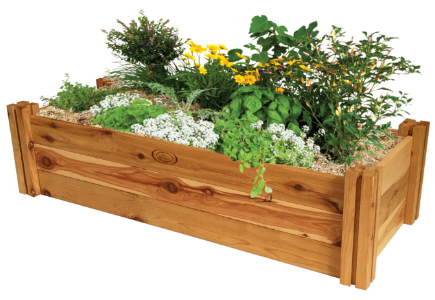Enhanced Crop Protection
One of the key advantages of utilizing invulnerable nursery beds in the agriculture industry is the enhanced protection they offer to young plants. These beds act as a shield against pests, diseases, and adverse weather conditions, providing a safe and controlled environment for seedlings to thrive. By creating a barrier between the vulnerable plants and external threats, farmers can significantly reduce the risk of crop damage and ensure a higher survival rate.

Improved Growth and Development
Another significant benefit of invulnerable nursery beds is the promotion of improved growth and development in young plants. By creating optimal growing conditions within these protected beds, such as regulated temperature, humidity, and nutrient levels, farmers can facilitate faster and healthier plant growth. This results in stronger seedlings that are better equipped to withstand transplanting and subsequent stages of growth, ultimately leading to higher yields.
Water Conservation
Invulnerable nursery beds also contribute to water conservation efforts in the agriculture industry. By containing moisture within the enclosed environment, these beds help reduce water evaporation and minimize wastage. This not only leads to more efficient water usage but also ensures that young plants receive a consistent and adequate supply of water for their growth. As water scarcity becomes an increasingly pressing issue, the use of invulnerable nursery beds can play a crucial role in sustainable farming practices.
Reduced Chemical Dependency
One more advantage of incorporating invulnerable nursery beds in agricultural operations is the potential for reduced chemical dependency. By creating a protective barrier against pests and diseases, farmers can minimize the need for chemical pesticides and fertilizers, which can have harmful effects on the environment and human health. This shift towards more natural and eco-friendly farming practices not only benefits the ecosystem but also enhances the quality and safety of the produce for consumers.
In conclusion, the adoption of invulnerable nursery beds in the agriculture industry offers a multitude of benefits ranging from enhanced crop protection and improved growth to water conservation and reduced chemical dependency. By harnessing the power of these innovative solutions, farmers can optimize their operations, increase productivity, and contribute to a more sustainable and resilient agricultural sector.








